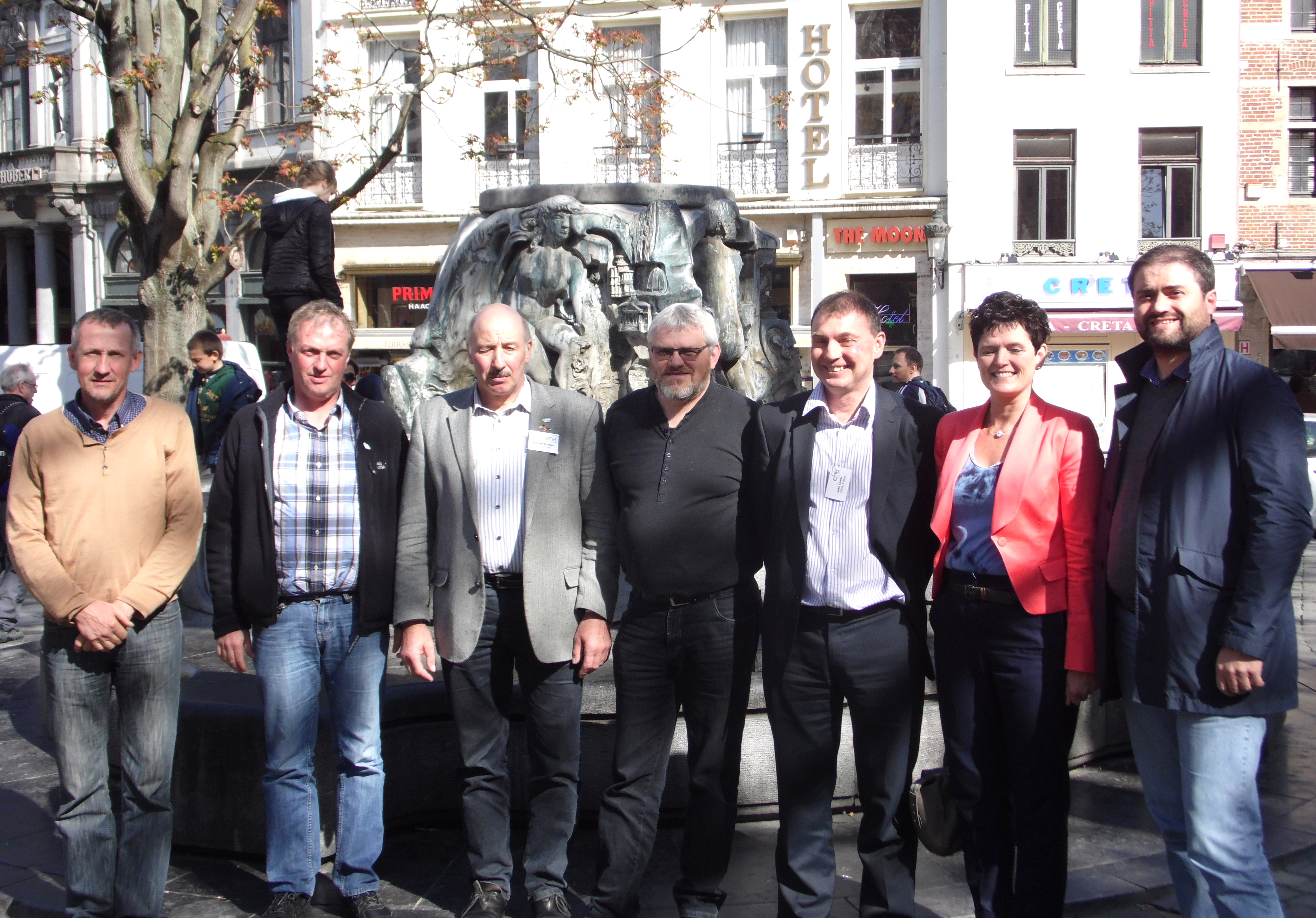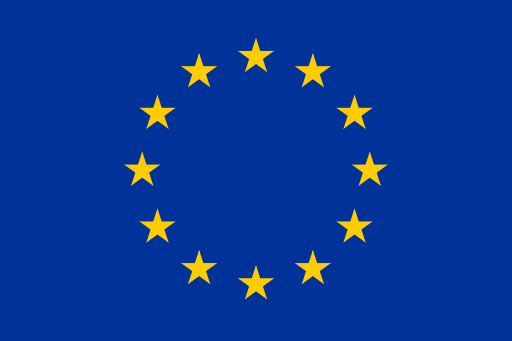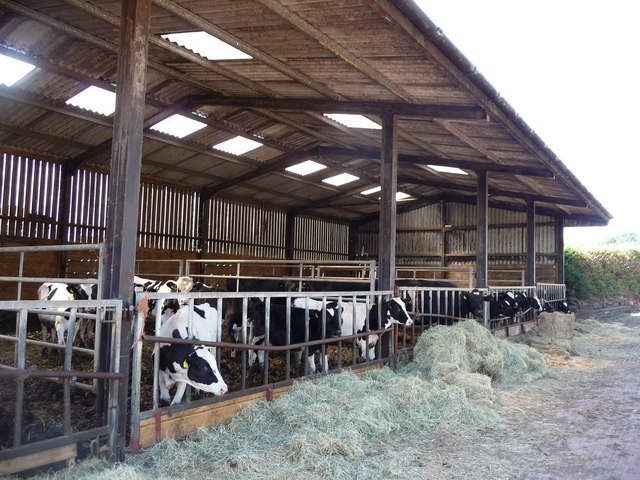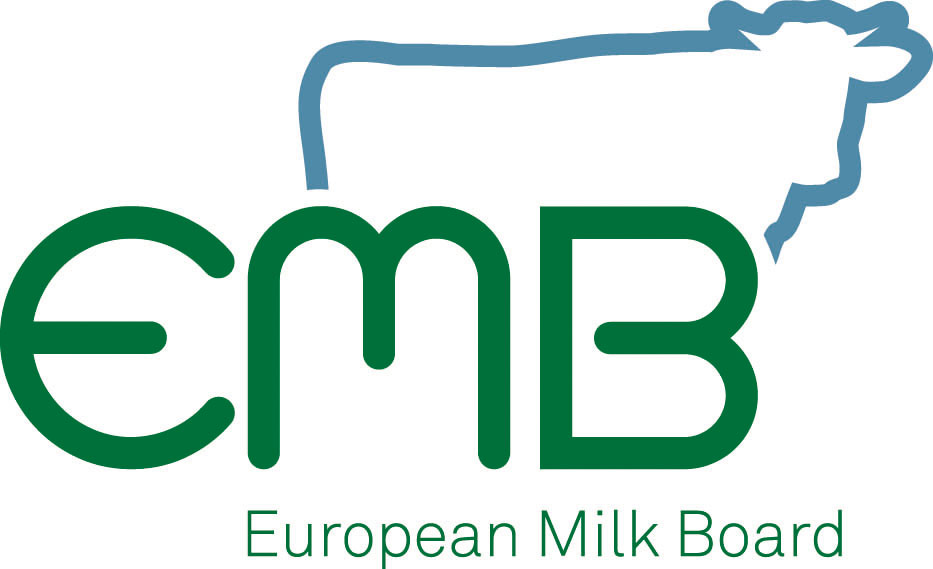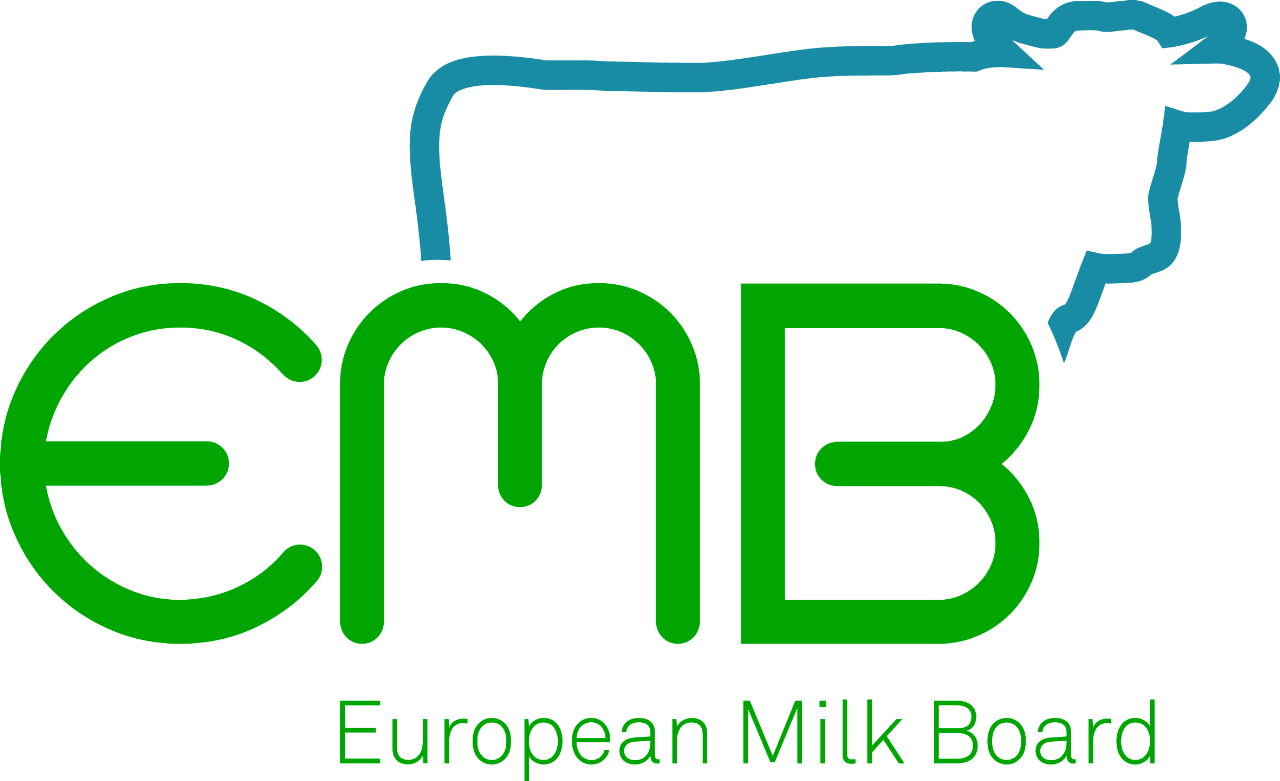EMB Newsletter May 2014
Newsletter as PDF
Contact
EMB – European Milk Board asbl
Rue du Commerce 124
B-1000 Brussels
Phone: +32 – 2808 – 1935
Fax: +32 – 2808 – 8265
Newsletter as PDF
Contact
EMB - European Milk Board asbl
Rue de la Loi 155
B-1040 Bruxelles
Phone: +32 - 2808 - 1935
Fax: +32 - 2808 - 8265
Dear Dairy Farmers and Interested Parties,
Once again I would like to express my gratitude for my colleagues from all over Europe having expressed their confidence in me and elected me onto the Board of the EMB at the Members Meeting in April. After my first period of office until 2010 this is now the second time I have been given this honour. For everyone who does not know me: my name is Kjartan Poulsen, I’m from Denmark and am the President of the Danish milk producer association Landsforeningen af Danske Mælkeproducenter (LDM). Together with two partners I run an organic dairy farm with 850 cows and about 1,150 hectares of cultivated land.
The Danish milk producer association has been a member of the EMB since 2004. We are convinced that the best way to obtain political influence is through reasoned arguments and a rational approach. Even if demonstrations and blockades make perfectly good sense in political work in countries farther south like Belgium, southern Germany and France, we in Denmark and the other Scandinavian countries do not rely very much on these instruments. I am therefore pleased that the EMB in Brussels now champions successful lobbying through active substantive work in addition to high-profile campaigns.
Generally speaking I feel that political commitment such as the EMB’s is indispensable in a modern Europe. It is a pity, though, that not every EU Member State has its own independent milk producer associations and so too much power remains in the hands of the processing industry. This applies both to private dairies and to dairies organised as co-operatives. That is why I look forward even more to resuming work on the EMB Board and, together with my European colleagues in the EMB, influencing milk policy in Europe. For this unique opportunity to continue our successful work in the Danish milk producer association in Europe I am extremely grateful.
Kjartan Poulsen (Member of the EMB Board and President of the LDM)
Members Meeting in Brussels: EMB very well set up with new Board and concepts
On 15 and 16 April, the EMB milk producers gathered in Brussels for the first Members Meeting this year. The focus of this meeting was on significant steps for the organisation: electing a new Board, deliberating and deciding on new concepts for the EMB’s political work.
To enable the EMB’s political work to be even more effective in the future and address current policy requirements – primarily with regard to the start of the European Milk Market Observatory – the EMB drew up an alternative to the previous concept of the monitoring agency.
New EMB Board elected
Once again the second day of the EMB Members Meeting in Brussels saw a key event: there had to be new elections for the EMB Board after two years. The following were appointed members of the EMB Board:
Romuald Schaber, President of the EMB, Germany
Romuald Schaber was born in Petersthal in the Allgäu in 1957. A qualified farm manager, he took over his parents’ dairy farm in 1986 (currently 40 dairy cows). He is married with five children. Romuald Schaber is a member of the Stiftung Gesunde Ernährung [Healthy Diet Foundation] and, as President of the BDM (German Dairy Farmers’ Association) and President of the EMB, represents the interests of milk producers throughout Europe.
EU Commission announces details of the Milk Market Observatory
On 16 April the EU Commissioner for Agriculture, Dacian Ciolos, presented to representatives of dairy farmers and dairies in Brussels the Commission’s plans for the configuration of the heralded Milk Market Observatory. By setting up the Milk Market Observatory, the European Commission is acceding to a core demand of the EMB European dairy farmers.
The Commission aims to be proactive in preventing impending market crises in time by monitoring the milk market professionally.
The situation in the EMB member countries’ milk markets
The EMB’s member organisations provided the following assessments of the milk market situation in their respective country:
Austria
2013 was a good year for the milk producers in Austria as regards the milk price. Feed, on the other hand, was rather scarce owing to the long winter. On average the net prices were 31 cents in 2012 and 38.5 cents in 2013. That made many farmers happy and they expanded. Now the trend is turning, however, and prices are falling. How much they will fall cannot be predicted yet.
EMB Calendar
These are some of the EMB Board’s key dates in May 2014:
5.05.: Meeting organised by the European Commission on Trade Sustainability Impact Assessment (Trade SIA) in Brussels
15.05.: Board meeting in Brussels
27.05.: Meeting of the European Commission’s working group on the milk market observatory in Brussels
Full Texts
Members Meeting in Brussels: EMB very well set up with new Board and concepts

On 15 and 16 April, the EMB milk producers gathered in Brussels for the first Members Meeting this year. The focus of this meeting was on significant steps for the organisation: electing a new Board, deliberating and deciding on new concepts for the EMB’s political work.
To enable the EMB’s political work to be even more effective in the future and address current policy requirements – primarily with regard to the start of the European Milk Market Observatory – the EMB drew up an alternative to the previous concept of the monitoring agency. Based on MEP Michel Dantin’s proposal for a voluntary suspension of production, the idea is for this new market instrument to become active solely in the event of a crisis in the milk market. It has fixed criteria with pre-defined reference periods for intervention and further measures in the event of a crisis, ensuring total transparency for every market player. This emphatically counters the criticism of Michel Dantin’s voluntary suspension of production with regard to its practicability. After exhaustive and involved discussion a large majority of the EMB members voted in favour of the new instrument.
There were few surprises this time in the elections for the EMB Board, which are held every other year at the Members Meeting. Both the previous President of the EMB, Romuald Schaber from Germany, and the Vice-President, Sieta van Keimpema from the Netherlands, were re-elected to their posts. Erwin Schöpges from Belgium, John Comer from Ireland and Roberto Cavaliere from Italy were also re-elected. Paul de Montvalon from France – who had deputised for Richard Blanc on the Board – was also officially elected. After a break of several years, the EMB members invested their trust in Kjartan Poulsen from Denmark for a second time, appointing him member of the Board. On the other hand, Erna Feldhofer from Austria is no longer on the Board.
Further highlights of the Members Meeting in terms of content were the presentation of the study on milk production costs in France and the expert opinion initiated by the EMB and its Swiss member organisation BIG-M on the consequences of the deregulation of the Swiss milk market since 2009. The French cost study had already been presented to the general public at the Agricultural Show in Paris in February and was presented again now to the EMB members. This was extremely important, for it reminded the milk producers at the meeting how crucial it was to have concrete facts and figures to hand when discussing with politicians.
The presentation of the expert opinion on the deregulation of the milk market in Switzerland also aroused great interest among the EMB members. According to the expert opinion, all the dire forecasts preceding the end of the quota system came true, with falling and volatile prices as well as the closure of numerous farms. The speaker, Martin Haab, said that the experiences from Switzerland were indicative of even worse consequences for the EU when its quota system ends in 2015. Because, unlike in the EU, milk prices in Switzerland were even on an upward trend when the quotas were abandoned in 2009. Forecasts for the EU on the other hand are of falling prices even before the end of the quota system. So prospects for the period after March 2015 are far from rosy.
Altogether the focus of this Members Meeting was more on content and strategies than the strength of emotions in the dairy farmer movement. This was well received by the members of the EMB, because the politically calmer time in the run-up to the European elections and the arrival of the new Commission is very favourable for determining where policy is heading. The unanimous opinion was, however, that afterwards the way forward had to be with united forces and effective campaigns in order to take a stance on milk policy preferably before the end of the milk quotas in 2015.
Christian Schnier (EMB)

